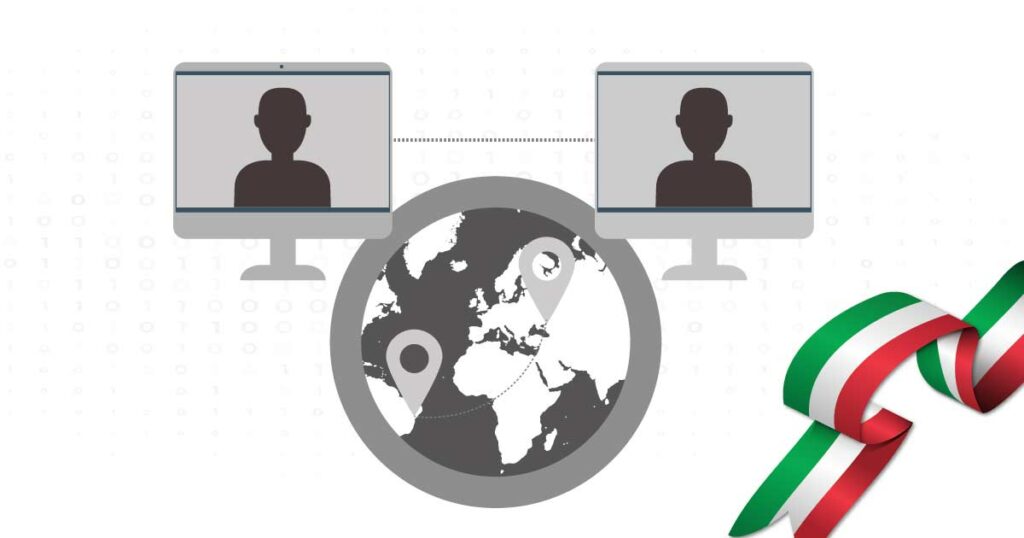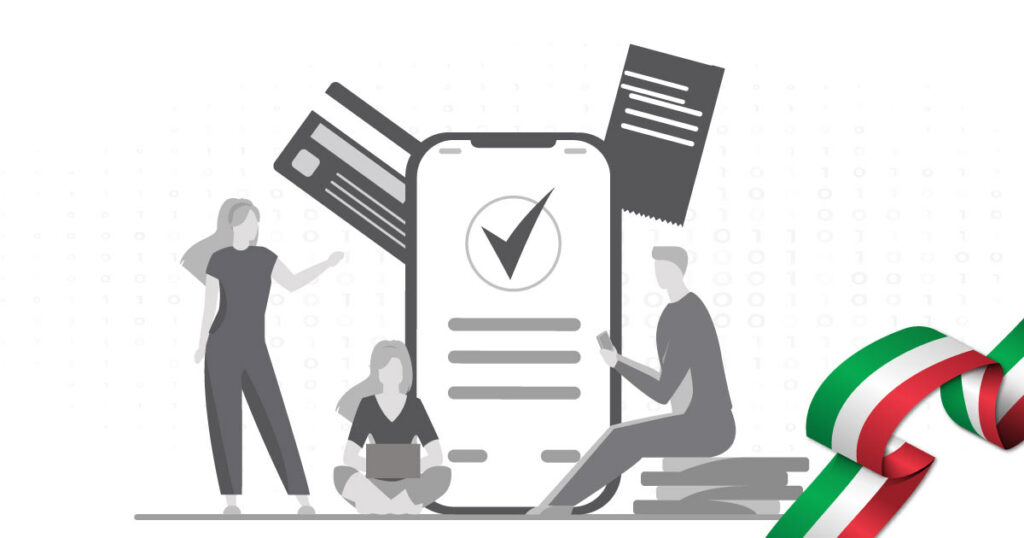Carta Giovani Nazionale (National Youth Card)

Area of e-government: e-education, e-leisure The Card belongs to the EYCA (European Youth Card Association) circuit. It is an initiative aimed at Italian and European citizens resident in Italy between the ages of 18 and 35 that allows them to obtain discounts and facilitations for access to goods and services of a cultural, sporting and […]
IO

Area of e-government: e-government literacy/services, e-bill/e-payment IO is the app of the Italian Government that will allow all the citizens to use the national and local public services from their own smartphone in a simple, modern and secure way. It’s an Open Source project that will grow day to day, involving different entities and services. […]
PagoPA

Area of e-government: e-bill/e-payment pagoPA is the payment interface for the Public Administration. It’s a platform that connects citizens with the Public Administration and the Payment Service Processors (PSP) in order to enable secure and simple payments. pagoPA allows citizens to choose the payment method among the available ones according to their needs and digital […]
SPID – Public System for Digital Identity

Area of e-government: e-government literacy/services SPID is the solution that allows Italian citizens to access all online services of the Public Administration with a single digital identity (username and password) that can be used from computers, tablets and smartphones. From the citizen’s perspective, it is a free tool that allows access to all public (and […]
Digital transition Decree Law 22/2021

Chapter IV refers to the provisions on digital transition, in order to promote, direct, and coordinate the Government’s action in the areas of technological innovation, the implementation of the Italian and European digital agenda, the Italian strategy for ultra-broadband, the digitalisation of public administrations and enterprises, as well as the digital transformation, growth and transition […]
Digital Administration Code (D. lgs. 217/17)

The Digital Administration Code (CAD) contains the guidelines for the digital revolution of the PA. The CAD is a single text that brings together and organises the regulations concerning the computerisation of the Public Administration in its relations with citizens and businesses. Established by Legislative Decree No. 82 of 7 March 2005, it was subsequently […]
Decree on Digital Simplification and Innovation (DL n. 76/2020)

Title III of the Decree Law on simplification measures for the support and dissemination of digital administration – which becomes operative with the adoption of Law No. 120/2020 – contains the regulatory provisions for speeding up the country’s digital transformation process. Thus, the set of regulations aimed at redesigning digital governance, accelerating the process of […]
2019-2021 Fourth Open Government Partnership Action Plan

The action plan is comprehensive strategy that will help achieve significant results in the field of transparency, civic participation, anti-corruption, simplification and public sector modernization. It includes 10 main actions related to: Open data; Transparency; Register of beneficial owners; Support to participation; Regulation of stakeholder; Culture of open government; Corruption prevention; Simplification, performance and equal […]
2020-2022 Three-Year Plan for IT in Public Administration

The Three-Year Plan indicates the lines of action to promote the digital transformation of the public sector and the country. The strategic lines of the Plan aim to: promote the development of a digital society, in which services put citizens and businesses at the centre, through the digitalisation of the Public Administration, which is the […]
2025 Italian Strategy for Technological Innovation and Digitalisation

The strategy describes a process of structural and radical transformation of Italy in terms of digital infrastructure, public administration services, and public-private collaboration in generating innovation. The innovation strategy outlines three main challenges in line with the UN Agenda 2030 SDGs: the digitisation of society in which citizens and businesses use efficient digital services of […]

